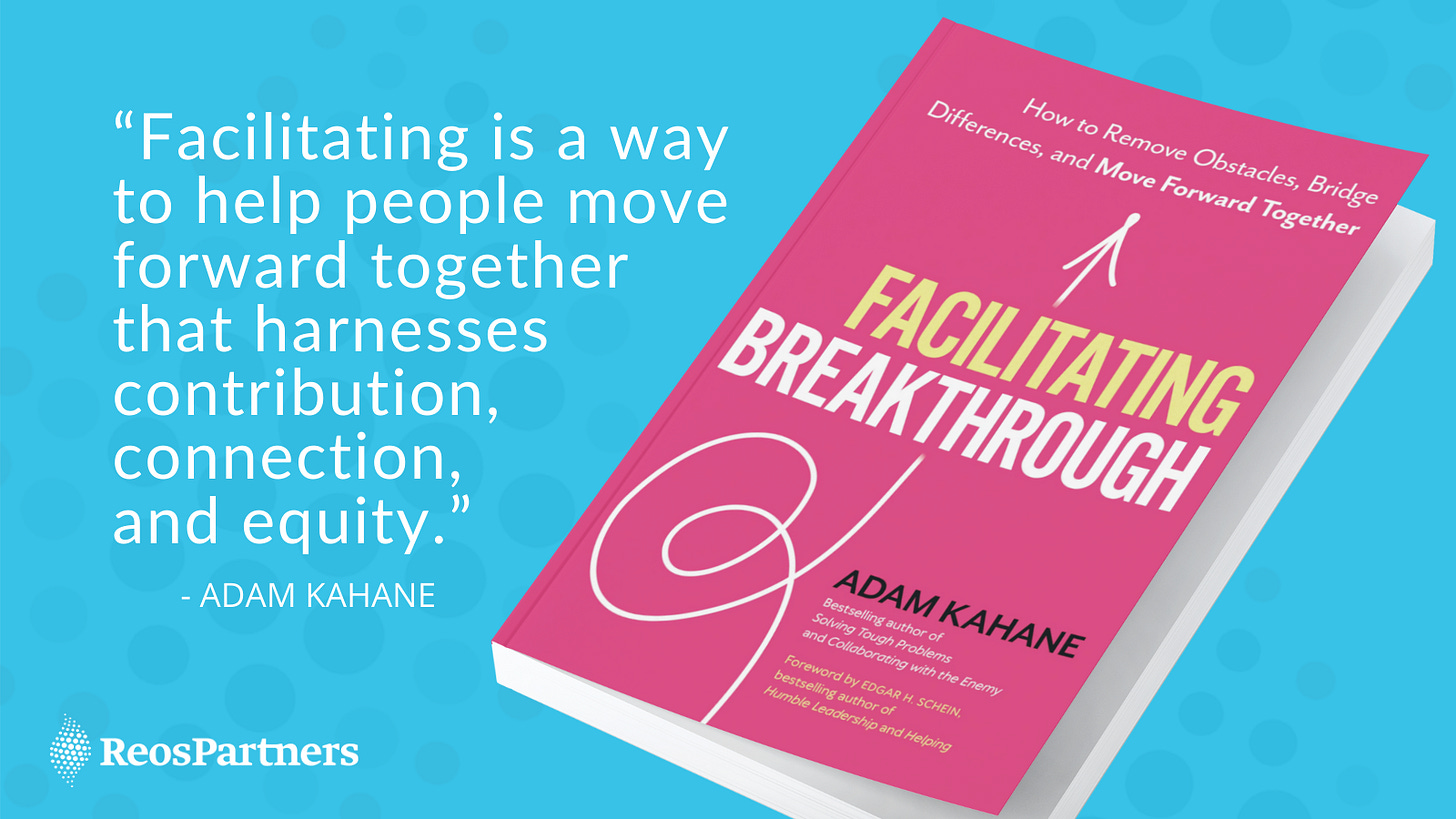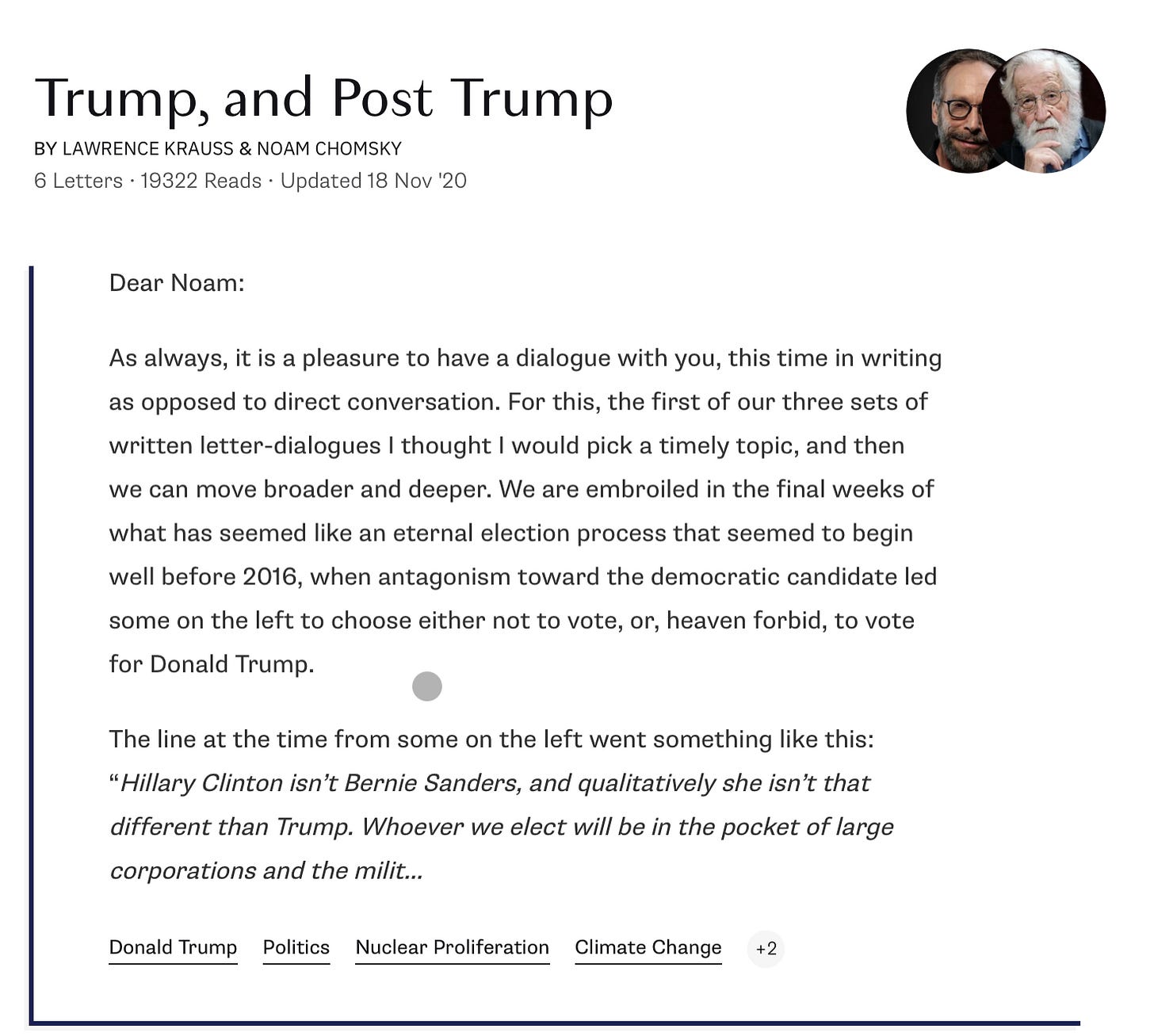#2 Weekly Reflection
On Bach, Facilitation Breakthrough, and Reframe our relationship with nature
Greetings from Tehran,
Weekly reflection summarizes my week from musings, researches, and conversations I had during the week.
This week piece of art
For this week's piece of art, I suggest spending 10 minutes in a relaxing situation and listen to the Organ Sonata No.2, BWV 528: 2.Andante played by Vikingur Olafsson.
I heard this music first when I was working and needed concentration. I played a classic playlist on Spotify. When this music played, I couldn't continue to work—I lost my concentration. It was like being thrown into another world. I put the piece on repeat for the whole day and the following days. This masterpiece started a profound conversation with a dear friend, and it's why I'm writing here. It awakens the part of my forgotten senses. It evokes stories buried deep in my memories. Why am I here? Why did I start to think about the concept of "The Practitioner"? It all started with this Sonata. It was the source of a deep and meaningful conversation for me.
What I'm thinking
Last week I published the first article of On Being a Practitioner.
Next week I'll continue and will publish the first draft of the Practitioner model. I'm thinking about how professionals can embed practitioner mindset into their daily work.
I'm also thinking about the domination of technology and artificial intelligence over our life. There are questions in my mind:
How will AI change our narratives?
How will it change our relational experience?
Spotify introduced listen together. iOS 15 will enable users to watch a movie on Apple TV over FaceTime. It seems we are entering a new kind of loneliness or isolation.
Introduce Adam Kahane New Book
Reading Adam Kahane's books had a profound effect on my attitude toward facilitation. I've read Power and Love, Solving Though Problems, and Collaborating with Enemy.
He introduced his new book: "Facilitation Breakthrough".
“Now that the flurry of the final production tasks is complete, the message and purpose of this book are becoming clearer to me. Faced with increasingly complex challenges and polarized stakeholders, the world needs more and better collaboration, and therefore more and better facilitation—not just by professional facilitators, but by everyone who helps people work together to create change, as a leader, manager, staff member, volunteer, organizer, chairperson, coach, mediator, or friend.”
– Adam Kahane
You can learn more about the book here. And watch this video.
About Letter.Wiki
With the rise of social media, we live in the era of noise, and getting signals is challenging. Intellectuals during history shared their insight and debates with letters they exchanged. Now, this kind of communication is part of history.
Letter, is a platform for public, written conversation, and debate. Letter mission, according to their website, is:
Since the advent of the internet, humanity has never been more connected, and yet we remain divided on many of the issues that will shape our future. We believe that thoughtful, good faith dialogue is how ideas develop, spread, and take effect—our mission is to advance the quality and impact of conversation.
Article to Read
How do we reframe our relationship with nature?
This article is about insights from changemakers in Asia hosted by Ashoka around the wellbeing of our planet. The core message of the article is to reframe our relationship with nature to create scalable and long-term solutions; there is a need for system change. Changemakers suggest attention to three areas:
1- We need a more collaborative, integrated approach
We keep asking: "Who are we missing?" "How do we empower others?" "How do we organize differently across sectors to ask the right questions from a systems-change perspective"?
2- We are nature, and we must discover our true role.
"What Ashoka Fellows are telling us is that the main principle leading their work is that, on the contrary, humanity is nature. We are nature."
Change happens when we shift not just what is around us but what is inside of us: our "inner world."
3- All of the issues we face are interconnected
“There are so many other interconnected issues, and they all tie into the broken relationship we have with the planet — from wealth inequality, food security, infectious diseases, human rights, female education."
I think the essential part of this article is proposing to change our narrative about current global challenges:
According to a traditional narrative, planet and climate action requires sacrifices. But what we are seeing from the smart solutions of Ashoka Fellows is that they are effecting positive impact beyond the climate, creating change in many other directions. According to Shubhendu, founder of Afforest, the decision to recognize complexity is "a shift away from a narrative of sacrifice to a narrative of abundance."
Have a great week ahead. I do appreciate sharing and commenting.
Amir



